Laboratory of Cartography
 |
  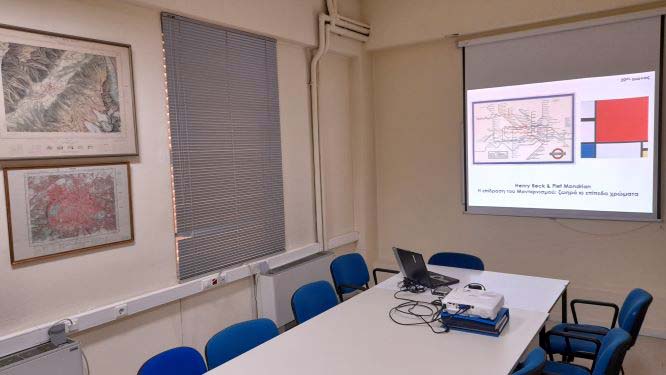 |
The NTUA Cartography Laboratory conducts educational and research work in Cartography and Geographic Information Science, following the mission of the International Cartographic Association (ICA).
It covers the full range of activities related to the collection, processing and transformation of geospatial data, map composition, cartographic symbolization, cartographic generalization and other related topics.
It deals with fundamental issues of cartographic communication, the relationship between Cartography and Art, design principles for multimedia cyber-maps, but also the creation of special maps for maritime navigation, tourism, culture, health, etc.
The Laboratory is also responsible for teaching several undergraduate and postgraduate courses, covering the subjects of General, Analytical, Thematic, Digital and Theoretical Cartography, as well as, GIScience, Geoinformatics and Geoknowledge Engineering.
The Laboratory employs digital geovisualisation tools and GIS, semantic knowledge instruments, augmented / virtual reality and web cartography technologies, as well as systems for color management, eye-tracking and 3D map production.
Furthermore, In the context of the Laboratory’s participation in several European projects, technologies have been developed for empowering spatial thinking, as well as for producing maps for educational purposes and for users with visual impairments.
Finally, the Laboratory has contributed to the establishment of the European Body for Geospatial Knowledge (BoK), and to the development of capacity building university courses in Central Asia and the Middle East, with the support of the Erasmus+ Programme of the European Union.
Indicative research topics:
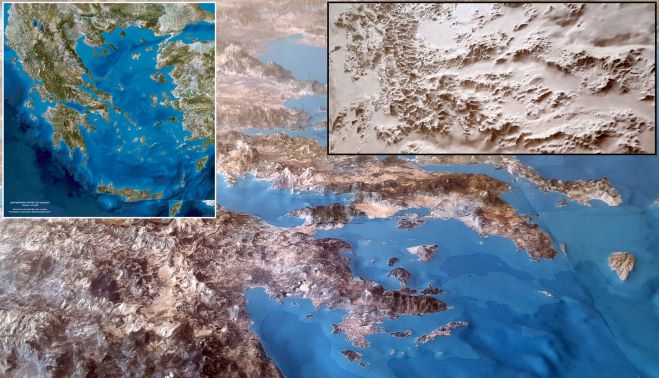 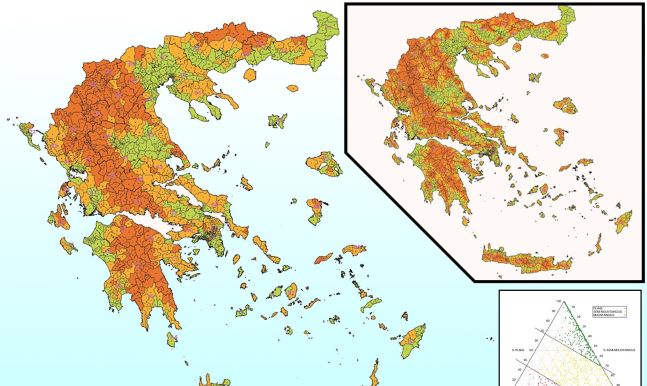 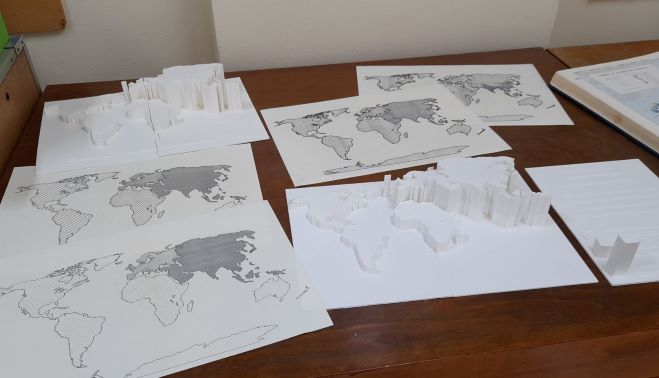 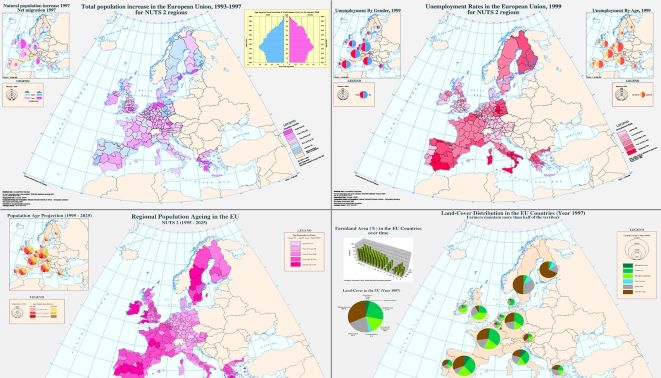 |
- Theoretical issues in Cartography - Cartography for communication and
- knowledge
- Geographical information theory
- Spatial quality assessment based on ISO standards
- Spatial Data Infrastructures (SDIs)
- Cartographic generalization
- Web-based map composition
- Electronic maritime navigation systems optimization
- Study of static & dynamic visual variables with eye movement analysis
- Analytical methods for relief shading
- Crowdsourcing
- Cartography and Art
- Spatialization
- Cartography and children
- Development of spatial thinking skills
- Cartography for visually-impaired users
- Cognitive and linguistic aspects of geospatial information
- Semantic interoperability
- Cyber cartography
Presentation of Lab's elective courses (in greek)
Presentation at 2024 NTUA's Researcher's Night (in greek)


